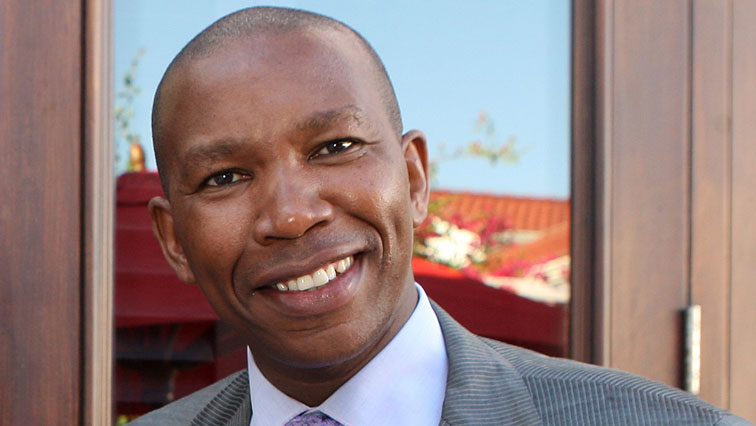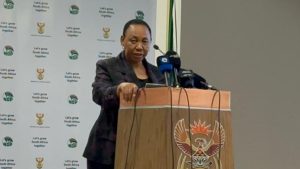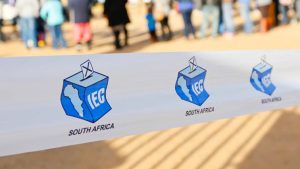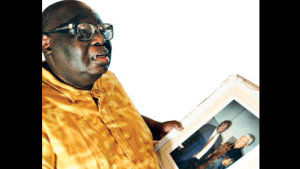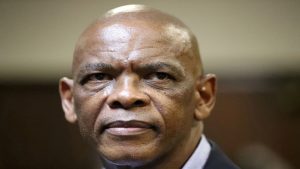In a week of constitutional spectacle that’s seen former National Director of Public Prosecutions (NDPP) Shaun Abrahams finally vacate his post, a debate over the status of the NPA and moral and legal calibre of his successor was bound to happen.
Provisionally, the consensus would appear to be to appoint an NDPP within 90 days of this week’s Constitutional Court ruling. But beneath the veneer, the actual extent of disarray in the NPA is potentially more damaging than the invalidation of Abrahams’s appointment – raising questions whether the appointment of a new head is an adequate remedy.
In last week’s ruling, the Constitutional Court confirmed the Gauteng North High Court ruling earlier this year that Abrahams’ fitness to hold office was not at issue, implying that the substantive issue before the court was whether a vacancy existed at the time of his appointment as NDPP.
In his appeal to the Constitutional Court against the High Court ruling, Abrahams himself argued that there was a clear distinction between the substantive and procedural basis of the case against him– and that therefore the matter before the court did not hinge on his appropriateness for the post.
Assumptions of that kind function as much more than an answer to the query: Was Abrahams’ appointment invalid? It speaks to a more expansive question: Is the legal process of appointing NPA heads fundamentally flawed? More acutely, does the substantive basis of the constitutional ruling not go to the heart of the problem: the constitutional independence of the NPA from executive influence?
The Constitution circumscribes the mandates and powers of state institutions that protect constitutional democracy, public administration and the judiciary. It is for this reason that Section 179(4) of the Constitution obliges the legislature to ensure that the NPA can exercise its functions “without fear, favour or prejudice”.
It implies that the prosecutors are not subject to ministerial orders and that this should be ensured statutorily. Section 179(5) further indicates that the NDPP is on a par with the justice minister. According to that logic, the independence of the NDPP is assured because the NDPP determines prosecuting policy “in concurrence” with the justice minister.
But left in such enveloping terms, the very policy details that have come to characterise the NPA – and, therefore, growing opposition to it – are disguised in a statutory structure that is regulated ambivalently by Section 179 of the Constitution.
Marginalisation of public interest
There are two provisions of Section 179 which create difficulties. Subsection (6) states that the minister of justice is “responsible for the administration of justice” and “must exercise final responsibility over the prosecuting authority”. This provision could be interpreted to favour the functional independence of prosecutors where they form part of the executive branch.
The second difficulty is Section 179(1)(a), which provides that the NDPP should be appointed by the president in his capacity as “head of the executive”.
Thus, there may well be grounds to conclude that provisions of Section 179 have in effect blurred the constitutional separation of powers, with the president acting as a kind of levelling influence.
Perspectives such as these are not occasional aberrations. On a more profound level, they lie at the very heart of previous attempts to manipulate the NPA, starting in the early years of the post-1994 transition.
Although policies and institutions were built on a transformation agenda in a context in which the state apparatus was still heavily contested between the old and new guards, they also introduced difficulties. One was clauses in the NPA Act which empowered the executive to direct its work; the other was the marginalisation of the public interest those institutions were supposed to serve.
One assumes that the drafters of the Constitution were influenced at a subconscious level by the imposing stature of former President Nelson Mandela. Unfortunately, his successors have not shown the same kind of executive restraint and respect for the independence of state prosecutors. Just how perilous the position of the NDPP is, has been illustrated in recent history. Former president Thabo Mbeki subjected two NDPPs on spurious grounds to commissions of inquiry to consider their fitness to hold office.
In the years that followed there were other layers of contestation built on a battle between rival factions in the ANC centred principally around the personalities of Mbeki and Jacob Zuma for control of the ANC and key levers of state power. It politicised the prosecuting authority and undermined the rule of law and the neutrality of criminal justice.
It was into that blind spot that the NPA has slid. The irony, as last week’s Constitutional ruling demonstrates, is that a propensity for control over the state, overlaid by contestation within the state for resources, politicised the problem at hand. Once decoded into purely rational terms, the appointment and conduct of NDPPs and public prosecutors, by overlooking those dynamics, have reinforced and legitimised them.
The constitutional remedy of appointing a new NPA head therefore betrays the misconception of the constitutional challenge centred on Abrahams. Within a constitutional democracy such as ours, the integrity of key institutions of the state should receive greater priority than the interests and power of individual leaders who become their temporary custodians.
The fact is, the substantive basis of the constitutional court ruling isn’t simply to remedy a breach of procedure. It is more likely a fundamental amendment to the NPA Act and provisions in the Constitution that creates difficulty.
In a constitutional state such as ours, the three branches of state power hold each other in equilibrium; there is a clear and definite separation of powers and these powers must be exercised within the parameters set by the Constitution. If the drafters of the Constitution intended the NPA to fall under the control of the executive branch, its status would have been regulated in Chapter 5 and not Chapter 8 of the Constitution responsible for the administration of justice.
What is needed is a process of public participation and dialogue around the appointment of the NDPP by a panel consisting of senior judges, senior prosecutors and members of the justice committee of parliament that represent all major political parties in equal numbers. Sizwe Mbele who is the Director of Strategy and Marketing at BLSA writes on his personal capacity.


